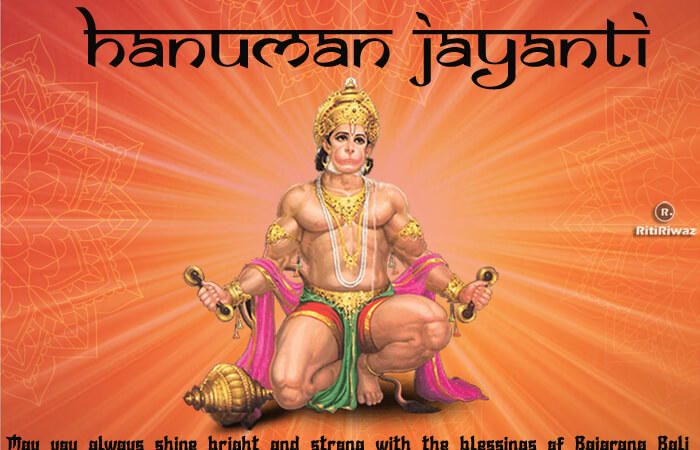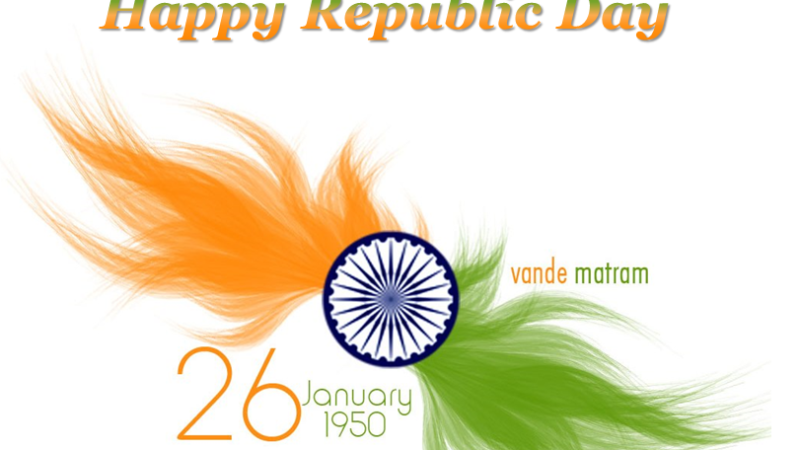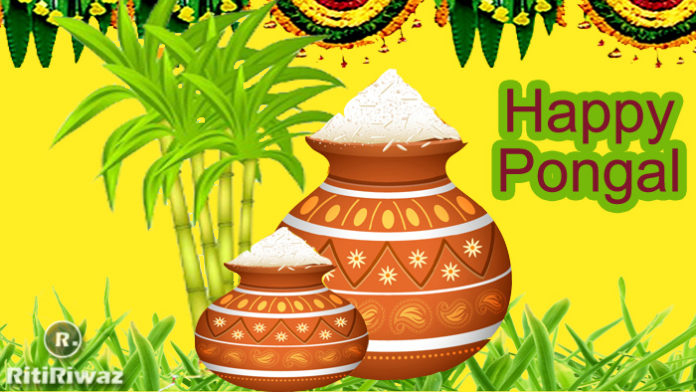Ramadan Health Tips for Fasting

Ramadan is fasting during long and hot summer days making it more difficult as fasting is for sixteen long hours of the day. In order to ensure good health and endurance during the entire month, you have to eat healthy food.
A fasting person needs good, nutrient-rich food that provides the energy necessary for the priorities of daily life.
Ramadan fast is only from dawn to dusk and the body energy can be earned from pre-dawn and dusk meals.
A balanced diet and proper intake of fluid is a must for maintaining proper health during fasting days. Here we are providing some important tips to take care of while fasting.
1. Hydrate your body well
When fasting take special care that you drink enough fluids to hydrate your body. After Iftar, you can take sips of water every half hour. Try having fruit juices which are fluids with vitamins or isotonic drinks to replace lost salts in the body.
2. Make a balanced diet plan
Include the right proportion of carbs, fat, and protein in your diet. Consuming two meals a day pre-dawn meal (Suhoor) and a meal at dusk (Iftar) should not differ much from your normal diet.
You should include Fruits, vegetables, Meat, Fish, Bread, cereals, dairy foods in your two meals. Include healthier sources of carbohydrates in your diet, such as whole grains, potatoes, vegetables, fruits, legumes, and lower-fat dairy products.
Foods high in fiber can help to keep your bowels healthy and add bulk to your meal, helping you to feel full. Try to avoid tea, coffee, and cola during fasting days as they will dehydrate your body.
3. Eat fresh food avoid processed and junk food
Processed food and junk food are easy to make and eat but are unhealthy and have high high-fructose corn syrup, MSG (to enhance flavor), lots of sodium, and typically all the wrong heart-clogging oils.
You should avoid any type of junk food during the fasting period and eat wholesome food packed with nutrition.
4. Avoid sugary and fried food
Fried food is heavy in oil making them hard to digest so better avoid anything fried especially when you are eating them as first food after a full day fast. Even sweets should be avoided and replace honey and cane sugar in your recipes to satisfy your sweet carving.
During fasting days our body is working to preserve energy, therefore, avoid fatty food and sugars that will help you to gain fat reserves. Keep your craving for sweets for Eid ul-Fitr.
5. Avoid white food
White food (i.e., white bread, white rice, white sugar, etc.) is bad and should be avoided during Ramadan fast. White bread is made of white flour, which is processed and stripped of nutrition. Instead, choose bread from whole grains
Muslims break the fast (Iftar) with some dates, in accordance with the Prophetic traditions, as dates provide an immediate source of energy.
https://www.ritiriwaz.com/eid-al-fitr-2020-eid-mubarak-wishes-quotes-greetings-images-cards-messages/






